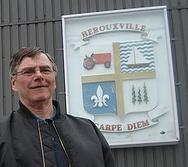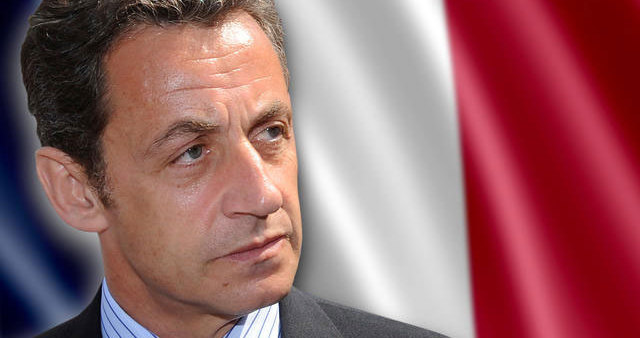 Andre Drouin’s lips curl up in a mischievous grin as he recalls the insults hurled at him at the height of the Herouxville affair in 2007. “Twit, moron, xenophobe, racist, stupid – all of it,” says the retired engineer who penned the infamous municipal charter barring the stoning, burning and genital mutilation of women in this hamlet north of Trois-Rivieres, Que.
Andre Drouin’s lips curl up in a mischievous grin as he recalls the insults hurled at him at the height of the Herouxville affair in 2007. “Twit, moron, xenophobe, racist, stupid – all of it,” says the retired engineer who penned the infamous municipal charter barring the stoning, burning and genital mutilation of women in this hamlet north of Trois-Rivieres, Que.
But the recent storm over the niqab suggests l’affaire Herouxville was no anomaly. Drouin is now lending his support to a nascent coalition that aims to drum up opposition to immigration and multiculturalism in English Canada. “Three years ago, they thought I was a mad person, but right now I don’t think they think the same thing,” Drouin said.
In recent months, Drouin has spoken to small groups in Ottawa, Toronto and Vancouver, where his tough talk on minorities strikes a chord with longtime critics of Canada’s immigration policy, such as Martin Collacott, a senior fellow at the conservative Fraser Institute.
Collacott and James Bissett, both retired diplomats who frequently write on immigration issues, and Drouin are among the founders of a new group that will push for a radical reduction in immigration and a tougher stand on minority accommodation.
Collacott said organizers are putting the finishing touches to a website and will launch the group, tentatively called the Centre for Immigration Policy Reform, in June.

 The Cordoba Foundation (TCF) welcomes the publication yesterday of the Communities and Local Government (CLG) Select Committee report on its enquiry into the Government’s Prevent program, which concluded that Prevent “stigmatized and alienated those it is most important to engage with, and tainted many positive community cohesion projects”.
The Cordoba Foundation (TCF) welcomes the publication yesterday of the Communities and Local Government (CLG) Select Committee report on its enquiry into the Government’s Prevent program, which concluded that Prevent “stigmatized and alienated those it is most important to engage with, and tainted many positive community cohesion projects”. France is to ban the full Muslim veil to protect the dignity of women, President Sarkozy announced today.
France is to ban the full Muslim veil to protect the dignity of women, President Sarkozy announced today.